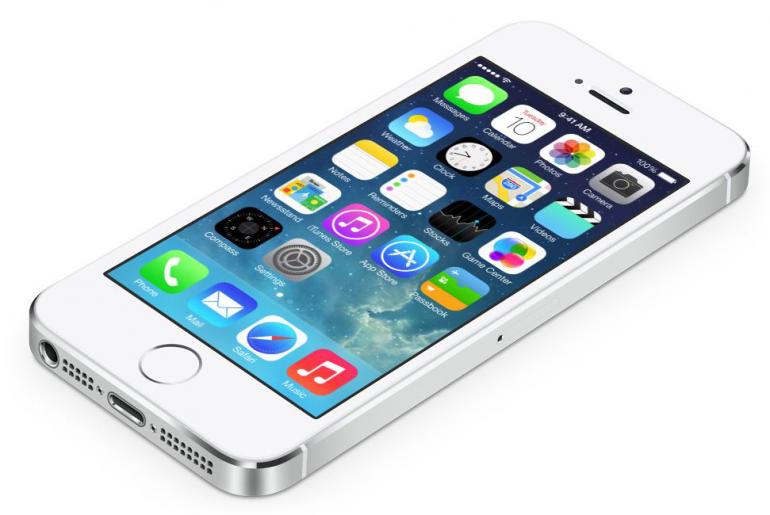FBI, Apple work through dilemma with access to iPhones
April 7, 2016
The tragic shooting in San Bernardino, California, in December caused ripples throughout the United States, with talks of gun safety and racial prejudice against foreign immigrants.
However, the biggest effect of the tragedy hasn’t been felt until recently when the FBI approached Apple and requested that they hack into the iPhone of the shooter to access information they believed he had stored on their.
Apple, however, strongly refused to cooperate with the FBI, with the belief that by creating this backdoor system into iPhones and other smartphones, hackers and other people with malicious intent could then also hack and access personal information from millions.
Many OHS students, however, have read about and learned about the case as it has evolved. However, many of these students are pro Apple, and rightfully so, as creation of the master key could very well mean the end of personal information on all smart phone and wireless devices.
“I think that if the FBI did have their way,” said OHS junior Ash Hurdle, “they would just use this to find more excuses to get more and more into other people’s devices. Even though there may be an important reason to get on the iPhone, I believe there are better ways than asking for a force-hack encryption key to get into it, as it will just lead to more similar cases like this later on.”
The debate has also caught the attention of the other modern-day tech giants such as: Facebook, Microsoft, Amazon, and Yahoo. All of these companies, nonetheless, have also expressed deep support for Apple in their fight against the FBI.
“I think that these tech companies have realized that the privacy of their customers is very important,” said junior Kyle Rock, “as many customers trust that their companies will go in and try to protect their personal information in the case that someone tries to hack into it.
“Therefore Apple, and others need to defend this case and support the case for privacy or the information of millions could be in danger and could lead to future problems.”



